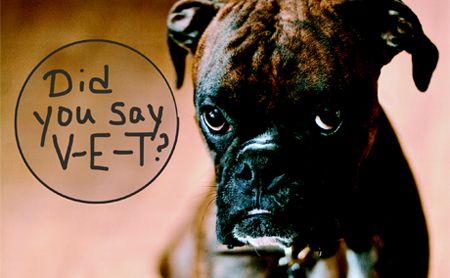Tough talks on titers
Do your veterinary team members know how to respond when pet owners ask about titers?

Getty images
Are titers a good way of establishing protection against disease?
There's a lot of debate currently about vaccines, their duration of immunity and how to interpret vaccine titers. Just like in people, vaccines were developed to protect our pets from contagious diseases. Many of these diseases can be deadly-and may cause lifelong problems. Without adequate protection, pets can be susceptible to contracting these diseases.
Vaccine titers measure one part of the body's immune response: the circulating antibody towards a specific antigen. Having a high titer means that pet is most likely adequately protected against that particular disease. However, having a low titer doesn't necessarily mean a pet is not protected. Pets have a part of their immune system called memory cells that do not actively produce antibodies unless they are challenged by that particular antigen. In other words, a pet may still be protected against a disease despite having a low titer.
The issue is that we can't measure memory cell response. If a titer is low for a particular virus or bacteria, we can't be certain that pet is actually immune. So most veterinarians recommend boostering vaccination if a titer is low.
Titers can have a place in veterinary medicine. However, we tell clients that they can be challenging to interpret, and the rewards of boostering a vaccination outweigh the risks.
Brian Stewart, DVM, is Medical Director of Woodstock Veterinary Clinic in Woodstock, Illinois.